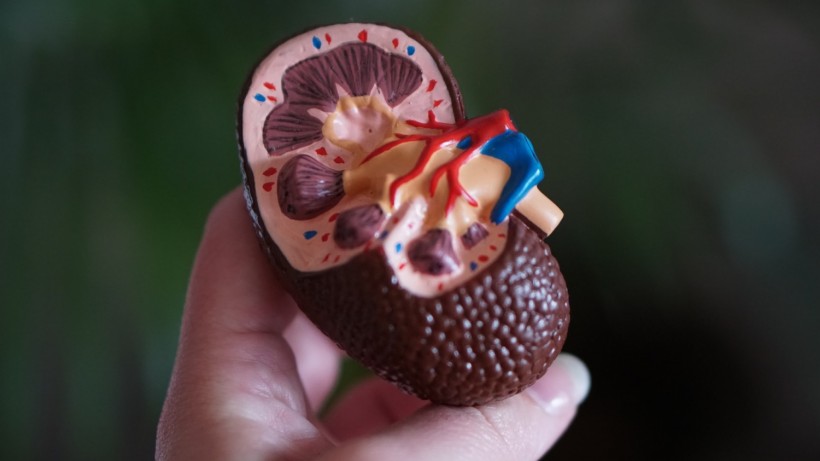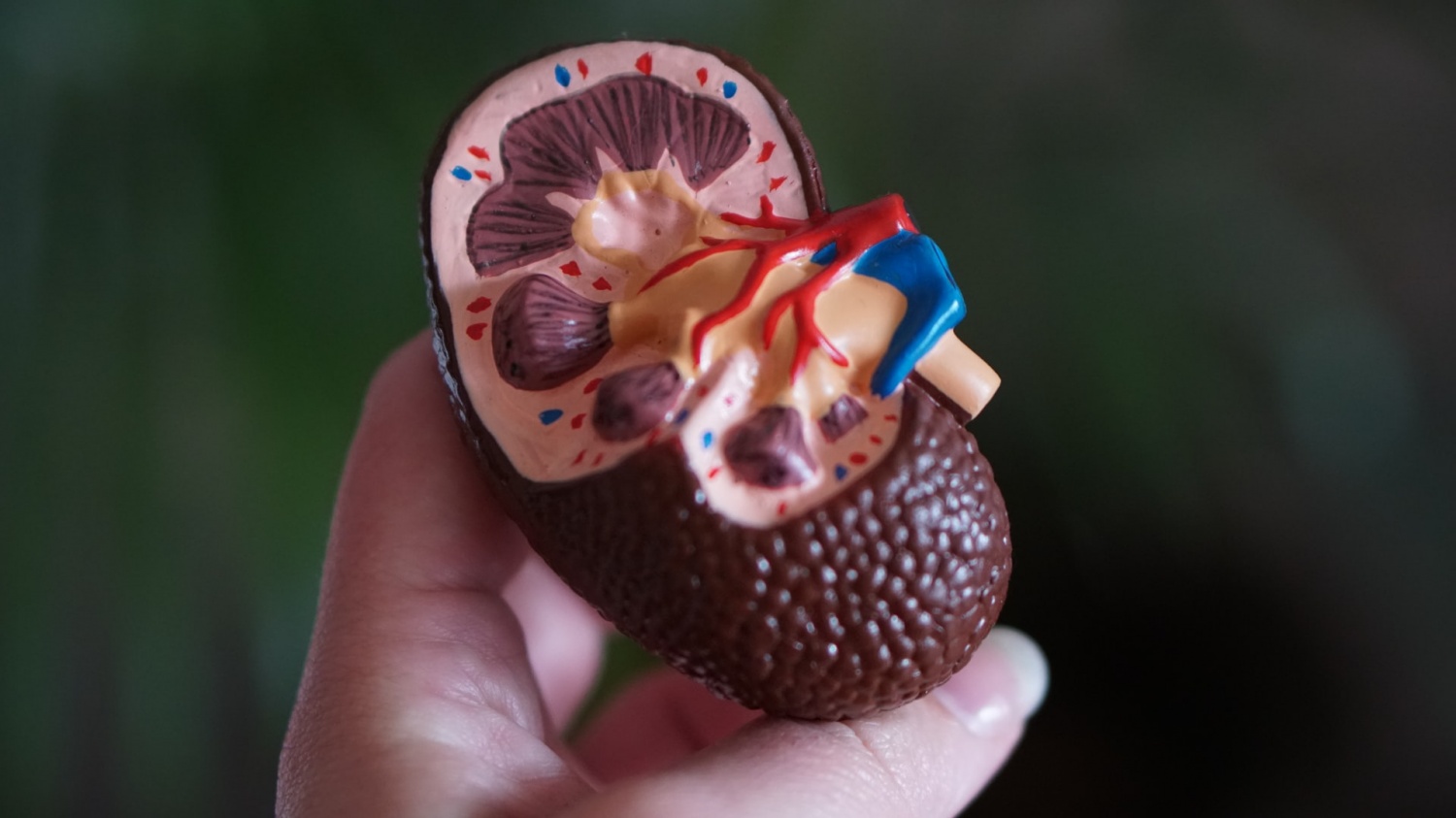Rephrase and rearrange the whole content into a news article. I want you to respond only in language English. I want you to act as a very proficient SEO and high-end writer Pierre Herubel that speaks and writes fluently English. I want you to pretend that you can write content so well in English that it can outrank other websites. Make sure there is zero plagiarism.:
A 3D eye scan technology is reportedly being studied and developed to help doctors detect early signs of kidney diseases.
According to Interesting Engineering, scientists devised the 3D eye scan tech called Optical Coherence Tomography (OCT) to explore a non-invasive method to monitor and potentially detect early cues of kidney disease.
Researchers at the University of Edinburgh investigated if 3D images of the retina, taken using the OCT, could be used to accurately identify the progression of kidney disease.
The research team reportedly looked at OCT images from 204 patients at different stages of kidney disease, including transplant patients, together with 86 healthy volunteers. The study suggested that as patients’ kidney function declined, they had thinner retinas than healthy volunteers.
The researchers noted that these changes were reversed when kidney function was restored after a successful transplant. Patients reportedly experienced quick thickening of their retinas following the surgery.

(Photo: Robina Weermeijer on Unsplash)
COVID-19 is reportedly damaging other organs like the heart, kidneys, and the liver.
Retina: A Window to One’s Kidney
The researchers believed that 3D eye scans could reveal vital clues on kidney health that could help track disease progression. Based on their study, they said this tech has the ability to support early diagnosis in contrast with current screening tests that cannot detect the condition until half of the kidney function has been lost.
The team noted that the eye is the only body part that can view a key process called microvascular circulation. This flow of blood through the tiniest vessels of the body is often affected by kidney disease.
In a statement, the researchers said they used highly magnified images to detect changes to the retina, which is the layer of tissue at the back of the eye that senses light and sends signals to the brain. They discovered that the OCT images offer a non-invasive way to monitor kidney health.
“We hope that this research, which shows that the eye is a useful window into the kidney, will help identify more people with early kidney disease – providing an opportunity to start treatments before it progresses,” Dr. Neeraj Dhaun, Professor of Nephrology at the University of Edinburgh’s Centre for Cardiovascular Science, said in a statement.
Read Also: Texas Students Develop This Amazing Device to Combat Kidney Failure in Newborn Babies
Using 3D Eye Scans to Provide Insight Into Kidney Health
OCT scanners reportedly use light waves to make a cross-sectional image of the retina, displaying each person’s layer within minutes.
With Dr. James Fujimoto, a physicist at the Massachusetts Institute of Technology (MIT), and other colleagues, Dr. David Huang, a researcher at MIT, co-invented this tech in the early 1990s.
The research team said this technology, supported by Heidelberg Engineering’s imaging platform, could also aid the development of new drugs. They said it could do so by measuring changes in the retina that indicate if the kidney responds to potential new treatments.
However, the team noted that further studies with longer-term clinical trials in larger groups of patients are needed before the tech can be routinely used for this purpose.
“This fantastic research shows the potential for a far kinder way of monitoring kidney health. We are continuing to support the team as they investigate whether their approach could also be used to diagnose and intervene in kidney disease earlier,” Aisling McMahon, executive director of research and policy at Kidney Research UK, said in the same statement.
The study is reportedly published in Nature Communications.
Related Article: Scientists Unveil the Most Complete Atlas of the Human Fetal Kidney

(Photo : Tech Times)
ⓒ 2023 TECHTIMES.com All rights reserved. Do not reproduce without permission.

I have over 10 years of experience in the cryptocurrency industry and I have been on the list of the top authors on LinkedIn for the past 5 years. I have a wealth of knowledge to share with my readers, and my goal is to help them navigate the ever-changing world of cryptocurrencies.




